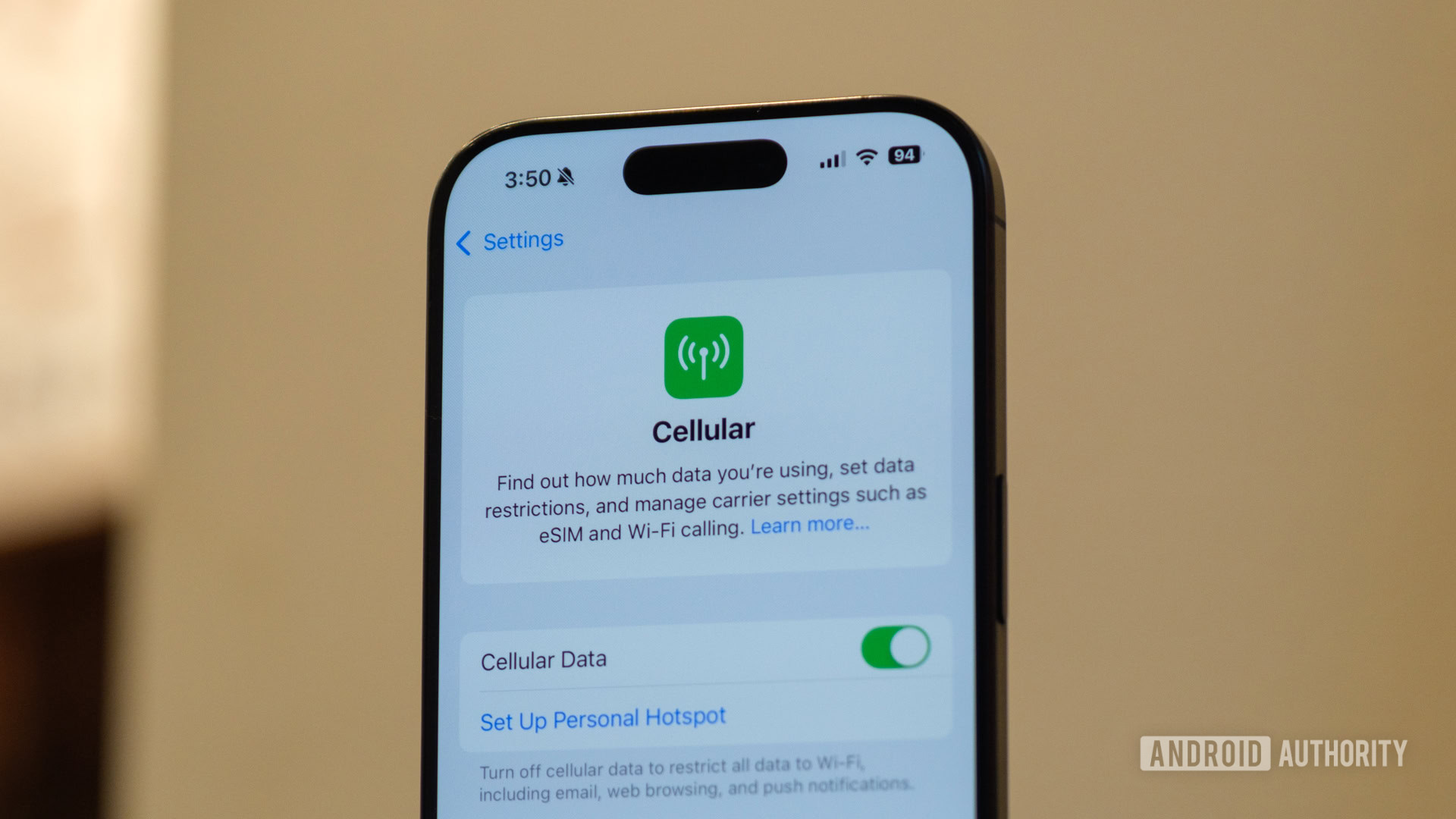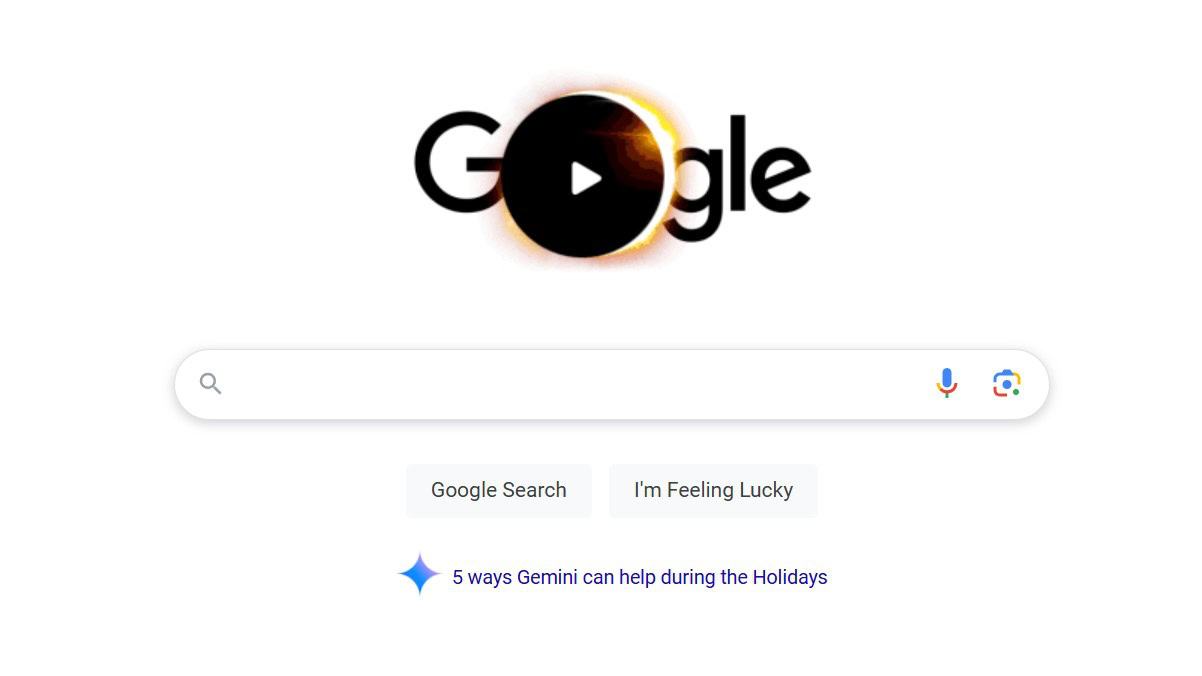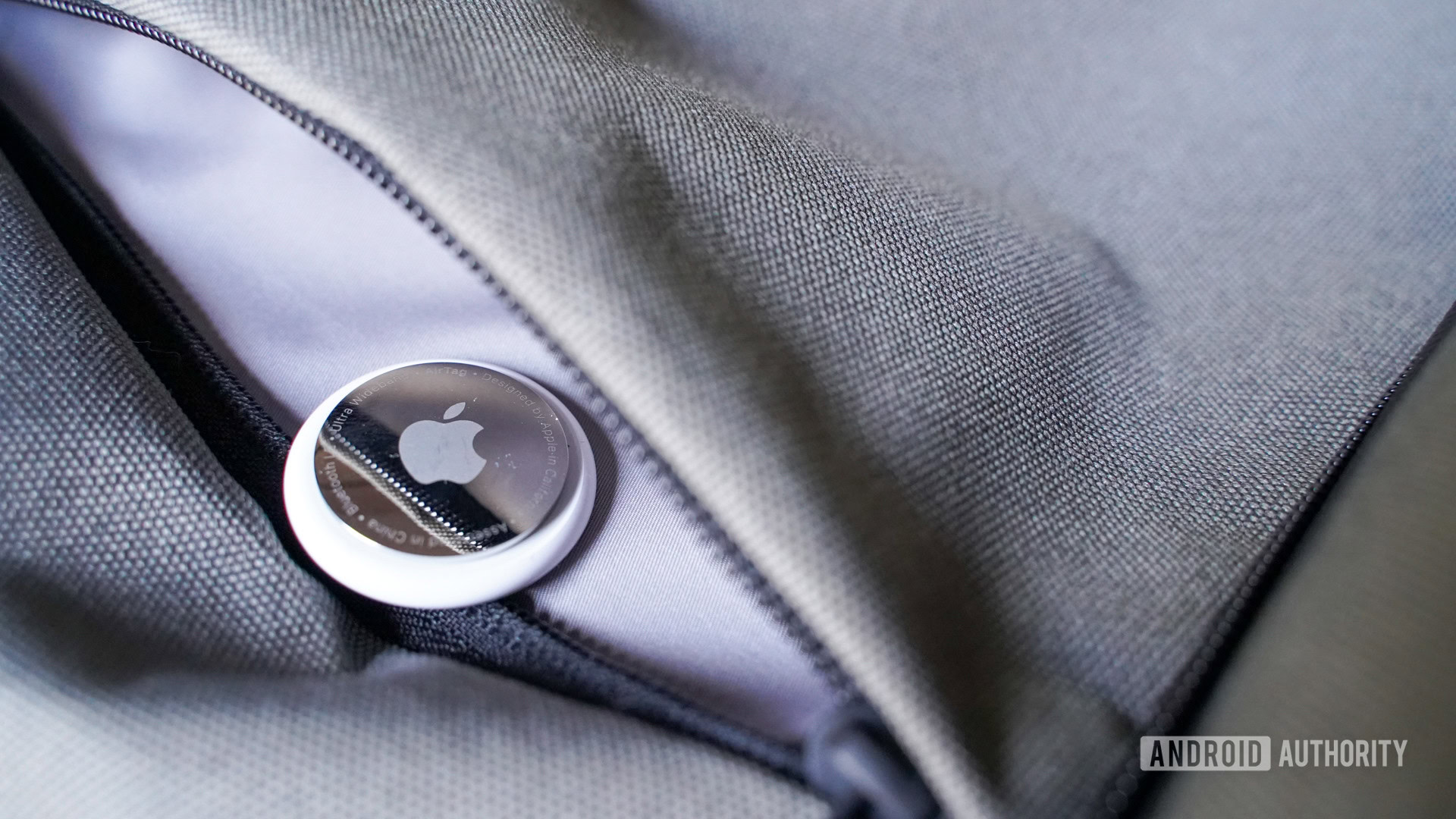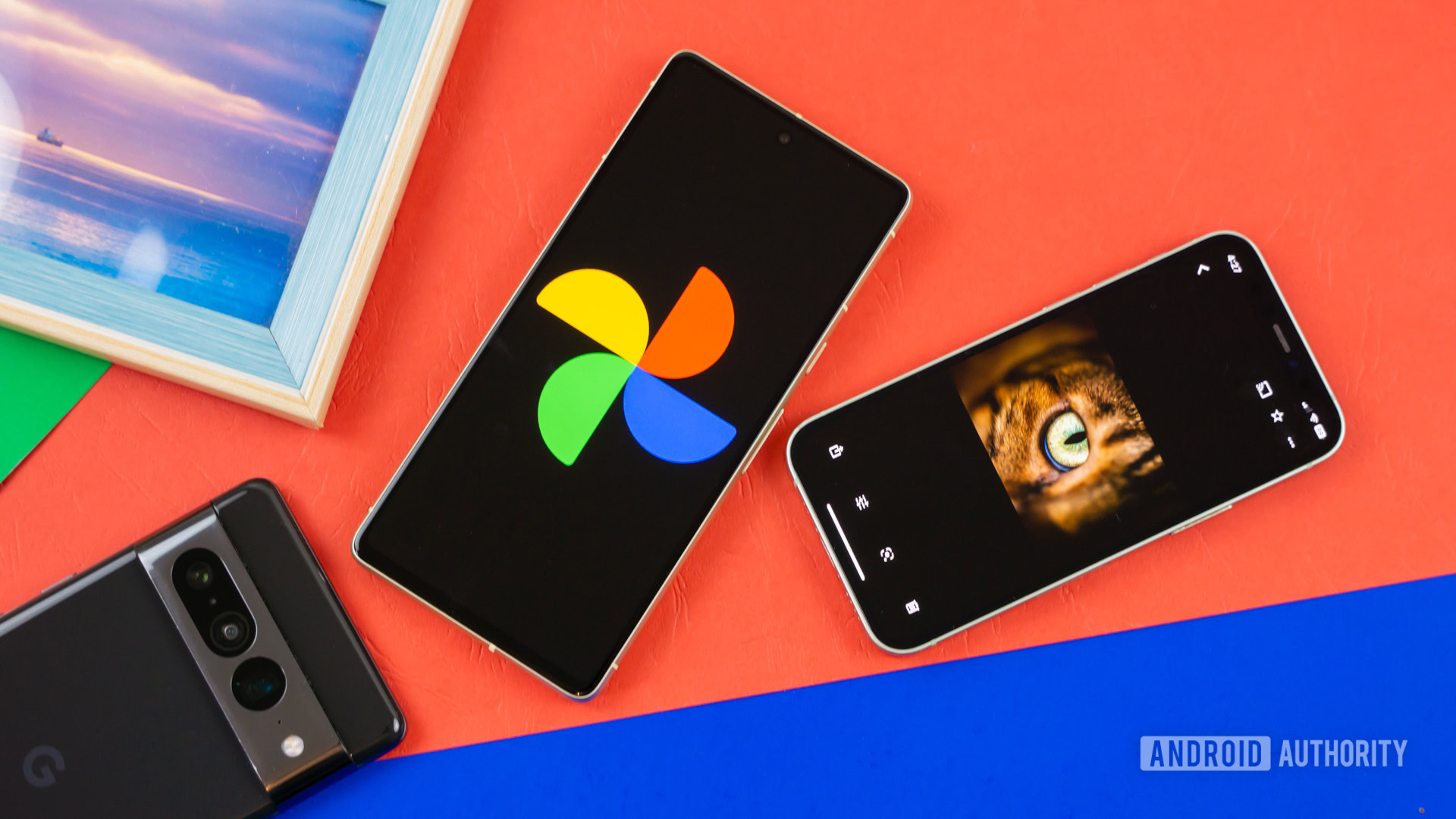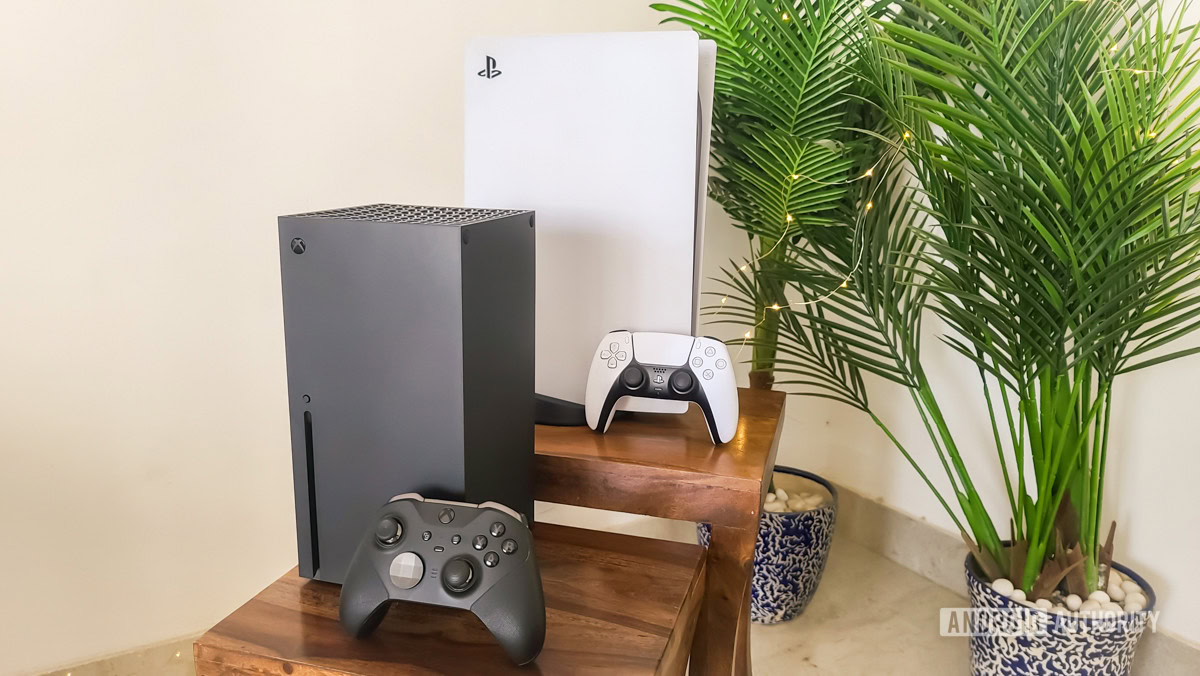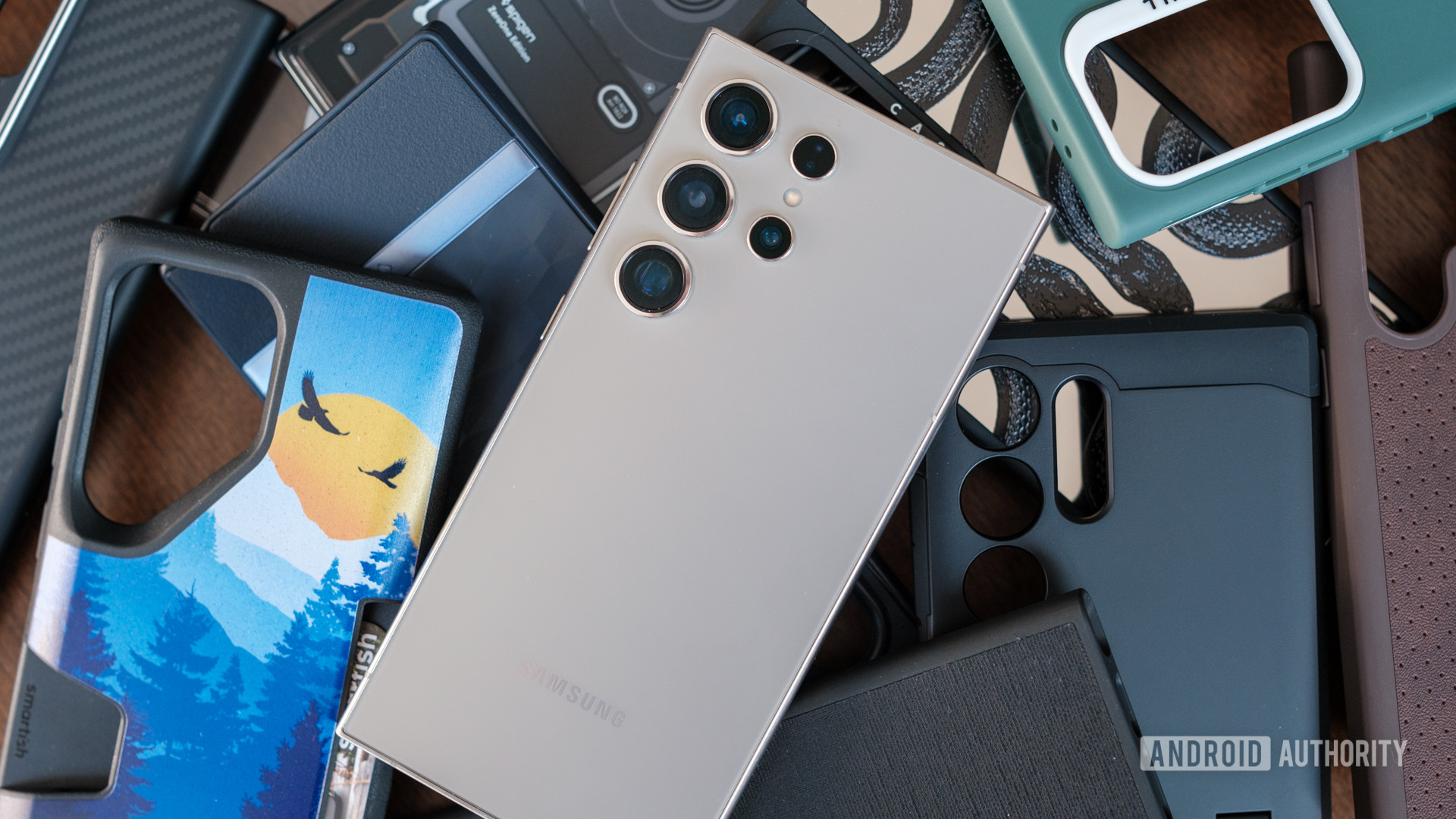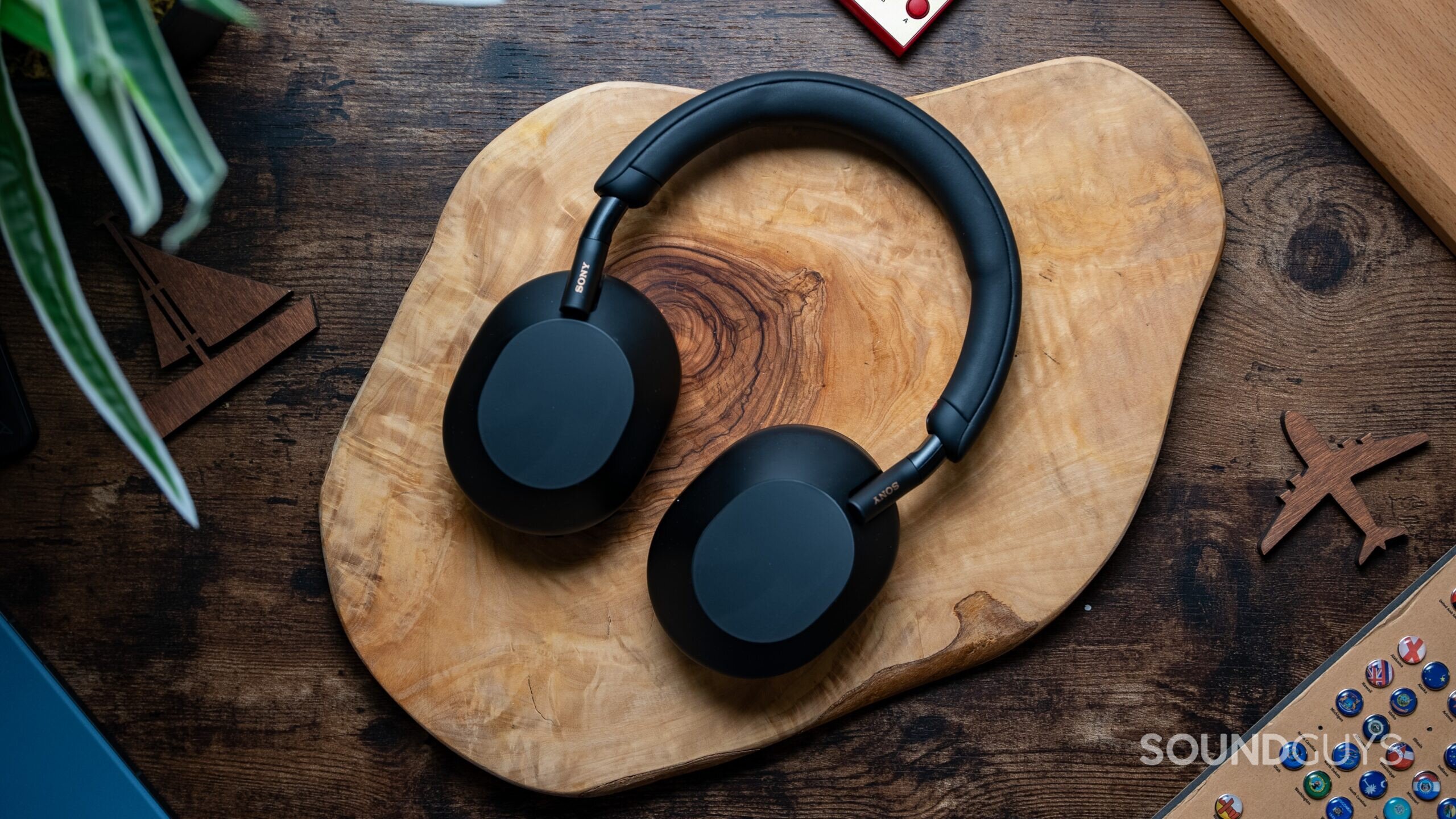Fitbit has had a difficult few years after being acquired by Google and admitting the brand won’t ever produce another smartwatch.But its existing smartwatches and recently released activity trackers have steadily improved thanks to a flurry of software updates including Google Wallet and Google Maps support on the Fitbit Charge 6 and the decision to give all Fitbit users access to their daily readiness score for free rather than it being a paid-for feature.Now it appears there’s more good news if you have a Fitbit strapped to your wrist.As spotted by 9to5Google, Google has decided to bring the Cardio Load and Target Load features that were previously exclusive to the Google Pixel Watch 3 over not only to the Pixel Watch 1 and 2, but several Fitbit models.To recap, Google bought Fitbit and now maintains the Fitbit brand as hardware products and the smartphone app, but also uses Fitbit’s features and software on its Pixel Watch smartwatches.
This year’s Pixel Watch 3 introduced Cardio Load, which Google says “measures the strain on your cardiovascular system during exercise and daily activities”, while Target Load is a suggested range for your daily Cardio Load that looks at “fitness level, recent activity, and how recovered your body is”.Google brought these Load tools to its older Pixel Watches with its recent Pixel Drop software update but it’s also confirmed to be expanded to include the following Fitbit models:Fitbit introduce their brand new Charge 4 device Fitbit Inspire 2Fitbit Inspire 3Fitbit LuxeFitbit SenseFitbit Sense 2Fitbit Versa 2Fitbit Versa 3Fitbit Versa 4Fitbit Charge 5Fitbit Charge 6Pixel Watch owners can view their Cardio Load and Target Load in the Fitbit Today part of their watch’s software.It can also be seen on select watch faces and in customisable tiles on the wrist.Fitbit owners will be able to see their personal metrics in the Activity section of the Fitbit app for iPhone and Android.It’s great to see the update roll out to so many Fitbit products, especially ones like the Versa 2, which came out in 2019.
It’s rare to see five years of software updates for products such as this.Trending SUBSCRIBE Invalid emailWe use your sign-up to provide content in ways you've consented to and to improve our understanding of you.This may include adverts from us and 3rd parties based on our understanding.
You can unsubscribe at any time.Read our Privacy PolicyGoogle said the updates were rolling out from 9 December, so if you don’t see them in your Fitbit app, make sure both the app and your Fitbit itself is running the latest software.You can do this by syncing your Fitbit within the app and seeing if there are any updates to download.
The app itself can be updated by heading to the Apple App Store or Google Play Store on your phone, searching for Fitbit, tapping the right apps, and seeing if there is an update available.


